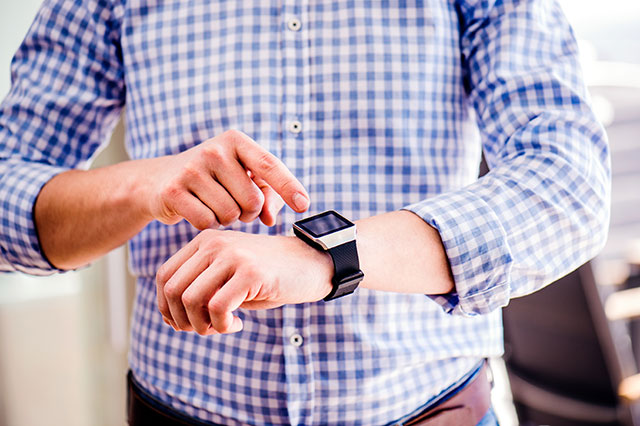Technology is pivotal in breaking down barriers, especially for individuals facing physical challenges. It’s about creating an environment where everyone has the opportunity to live independently, making day-to-day life not just manageable but enjoyable.
Let’s delve into the realm of tech solutions that are making a significant difference.
Smart Home Technology: The Hands-Free Household
Imagine controlling your home environment with just your voice or a simple app. Smart home technology is revolutionising the way individuals with mobility issues interact with their living spaces. From voice-activated lighting to automated heating systems, these innovations offer a new level of independence, reducing reliance on others for basic home management.
Mobility Aids: Beyond Traditional Boundaries
When it comes to getting around, the latest in mobility aids is transforming lives. Electric wheelchairs and scooters now come with enhanced features like improved battery life, terrain adaptability, and even GPS tracking.
These advancements provide users with the freedom to explore their world with confidence, knowing they have reliable support.
Education and Employment: Levelling the Playing Field
Technology has also made education and employment more accessible. From screen readers to specialised software that adapts computer interfaces, individuals with disabilities can now engage fully in work and study, opening up a world of possibilities for personal and professional growth.
As a prime example, disability shops in Glasgow are playing their part in this technological revolution, offering a range of products and solutions. Mobility Solutions, for instance, stands out as a beacon of support, providing the latest in mobility aids and assistive devices. Their commitment to enhancing independence reflects a broader trend towards inclusivity and accessibility in all areas of life.
Wearable Tech: Health Monitoring on the Go
Health is paramount, and wearable technology has made it easier than ever to keep track of vital signs, exercise, and sleep patterns.
For individuals managing chronic conditions or those with mobility impairments, wearables offer a discreet and efficient way to monitor their health, ensuring they stay informed and proactive about their well-being.
Assistive Communication Devices: Bridging the Gap
Communication is a fundamental human need, and assistive technology has opened new avenues for expression.
Devices and apps that convert text to speech or assist in sign language interpretation ensure that everyone has a voice, facilitating more meaningful interactions and connections. Furthermore, this technology empowers individuals to participate more actively in society, from engaging in conversations to expressing their needs and opinions.
It enhances personal relationships and supports greater involvement in community and professional settings, breaking down barriers that previously limited full participation.
Looking Forward
The journey towards full accessibility and independence for individuals with disabilities is ongoing, but the strides made in technology offer promising signs of a more inclusive future. As we continue to innovate and adapt, the key will be ensuring that these solutions are not only available but also affordable and user-friendly for those who need them most.
Empowering independence through technology is not just about overcoming physical limitations; it’s about fostering a society that values contribution, participation, and the unique abilities of every individual.
As we move forward, the focus should remain on creating a world where technology serves as a bridge to opportunities, enabling everyone to face everyday challenges with confidence and dignity.

